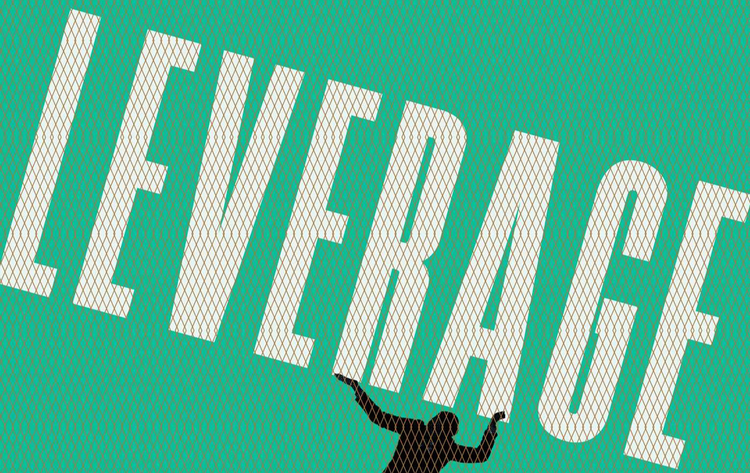2022 Officially the Year of the Baboon’s Ass

BEIJING/TOKYO/SEOUL/HANOI/BANGKOK/VENTIANE, Feb 1 (Reuters) — The “Year of the Tiger” has been canceled.
In a shocking announcement, the Council for the Integrity of the Lunar New Calendar has decided to forgo the traditional Tiger designation for the upcoming year — a symbol typically associated with independence, confidence, self-reliance, and justice — citing inhospitable and incompatible global conditions.
The upcoming Lunar New Year, which begins today and will encompass the bulk of the year 2022, according to the western calendar, will now be rebranded the “Year of the Baboon’s Ass.”
“We don’t take decisions of this magnitude lightly,” the Council, a shadowy cabal of East Asian Globalists, said in a unified statement. “However, given the ongoing public health, socioeconomic, and geopolitical crises engulfing the planet, we felt compelled to preserve the sanctity, honor, and majesty of the most ferocious of our twelve animal signs.”
The council said the never-before-used “Baboon’s Ass” symbol would take the Tiger’s place, suggesting it would be “much more reflective of today’s values.”
Pro-Tiger organizations applauded the decision.
Penny Morgan, President of the Save Our Tigers Foundation, a Luxembourg-based NGO, wholeheartedly agreed with the move.
“Tigers are like totally my favorite animal, and they play a hugely important role in our environment and culture,” she said. “But unfortunately they’re too often depicted in absolutely horrific ways. From Tiger King, to Mike the Tiger, to Apocalypse Now, these amazing animals are constantly having their reputations sullied. Why also saddle them with representing what promises to be among the stupidest years in human history? Isn’t it bad enough already that the [Cincinnati] Bengals are going to the Super Bowl?”
On the flip side, several experts said the decision to brand this year with the “Baboon’s Ass” moniker was a stroke of genius.
Neil Lefkofsky, a primatologist and anthropologist at Emory University, in Atlanta, enthusiastically embraced the decision.
“I’ve been studying primates for over forty years, and everyone — and I mean everyone — hates baboons. They’re moody, violent, rude, tribal, capricious — they’re a lot like humans, honestly. Other primates don’t even like them,” he said.
Dr. Lefkofsky cited a YouTube video that’s been viewed over 400 billion times as evidence of the world’s universal disdain for baboons. In it, a crocodile brutally devours a baboon after the reprehensible mammal tested fate by taunting the laconic, stoic reptile.
“My five-year-old son loves that clip!” he said. “They teach that song — “Five Little Monkeys Swinging in a Tree” — to preschoolers for a reason. And even though the song says monkeys, which isn’t specific, and alligators are only endemic to North America and parts of China, everyone subconsciously envisions detestable baboons being ripped limb from limb by massive Nile crocodiles.”
The vitriol for baboons certainly fits the current moment.
“Given the state of the world — what with the pandemic, possible war with Russia, the failing New York Times ruining Wordle — a baboon is definitely the right animal to represent these times,” Dr. Lefkofsky explained.
“And the Council taking it that extra step, and saying, it’s not just a baboon, but a baboon’s repulsive fleshy pink anus. I mean, chef’s kiss,” he added while demonstrably touching his fingers to his mouth over a Zoom call.
The Council said it hopes to return to its normal animal signs beginning next lunar year, in early 2023, with the Year of the Rabbit. But they aren’t committing to anything just yet.
“Last year, we maintained The Year of the Ox, because we felt it would symbolize strength, resilience, and reconciliation as Covid-19 vaccines were distributed globally and the world emerged stronger from the pandemic,” the Council’s statement said. “We were obviously mistaken.”
“If the world continues to devolve into madness, we will continue to modify our sacred calendar to reflect those conditions,” the statement added.
Early potential replacement candidates for the Years of the Rabbit (2023), Dragon (2024), and Snake (2025) include “Aye Aye’s Digits,” “Donkey’s Balls,” and “Naked Mole Rat’s Scrotum.”




